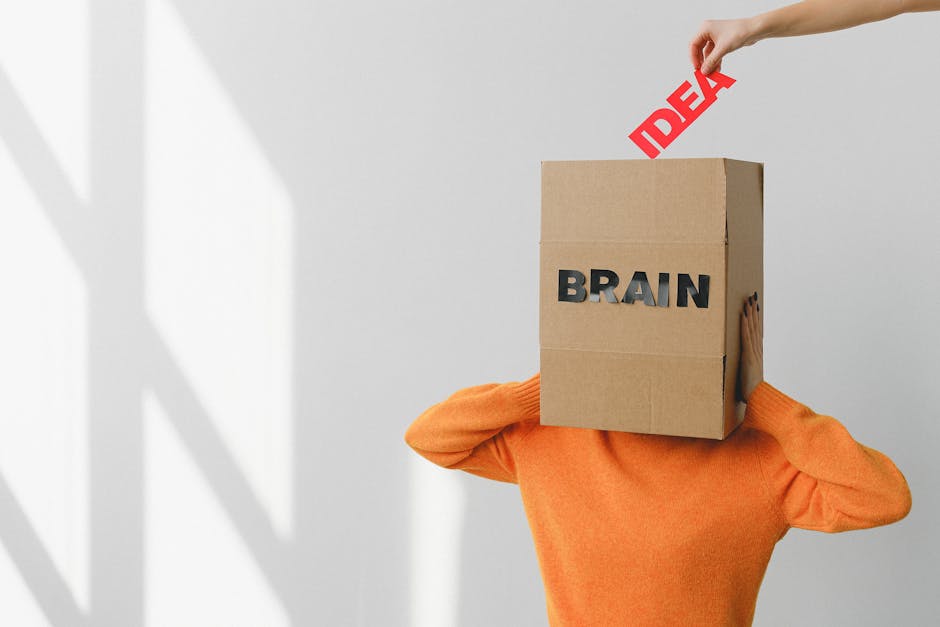
Have you ever found yourself making an instant judgment about a new situation, a person you’ve just met, or even a product on a shelf? Perhaps you’ve made a quick, gut-instinct choice only to reflect later and wonder if you truly weighed all the options. It’s a common human experience, one that hints at a profound truth about how our minds operate. While we often pride ourselves on our capacity for rational, deliberate thought, the reality is that our brains frequently prefer the path of least resistance: quick, often biased decisions.
This isn’t a sign of intellectual laziness, but rather an elegant, albeit imperfect, evolutionary design. Our cognitive architecture is largely built around two distinct modes of thinking, a concept popularized by Nobel laureate Daniel Kahneman. Imagine your mind has two systems: one operating on autopilot, fast and intuitive, and another requiring conscious effort, slow and deliberate. The “autopilot” system is constantly working in the background, making lightning-fast assessments, drawing on associations, and generating immediate feelings. It’s incredibly efficient, but it also has its shortcuts.
The evolutionary roots of this preference are deeply ingrained. For our ancestors, survival often hinged on split-second decisions. Was that rustle in the bushes a predator or just wind? Was that berry safe to eat or poisonous? There was little time for extensive analysis. A brain that could quickly categorize threats and opportunities, even with occasional errors, conferred a significant advantage. This “fast thinking” conserves precious mental energy, a valuable resource for an organ that consumes a disproportionate amount of the body’s energy. In a world of constant sensory input, a brain that constantly engaged its “manual drive” would quickly become overwhelmed and exhausted.
These quick assessments often manifest as cognitive biases – systematic patterns of deviation from rationality in judgment. Rather than errors, it’s more helpful to view them as mental shortcuts, or heuristics, that generally work well enough in daily life. For instance, consider the availability heuristic. This bias leads us to overestimate the likelihood of events that are easy to recall, often because they are vivid or recent. After seeing numerous news reports about plane crashes, someone might develop an exaggerated fear of flying, even though statistical data overwhelmingly shows air travel to be exceptionally safe compared to other forms of transport. The easily available, dramatic images in their mind override the more complex, abstract statistics.
Another common shortcut is confirmation bias, where we tend to seek out, interpret, and remember information in a way that confirms our pre-existing beliefs or hypotheses. This isn’t a malicious intent; it’s our brain’s way of creating a coherent narrative and reducing cognitive dissonance. If you hold a strong opinion on a political issue, your brain will more readily notice and accept news stories or arguments that support your view, while downplaying or dismissing contradictory evidence. This process is highly efficient for maintaining internal consistency, even if it sometimes leads to a skewed understanding of reality.
Our brains are constantly performing an implicit cost-benefit analysis. For the vast majority of daily decisions – what route to take to work, which brand of coffee to buy, whether to respond to an email immediately – the quick, intuitive system is perfectly adequate. Engaging the slow, effortful system for every minor choice would be incredibly inefficient. However, this efficiency comes at a cost when accuracy is paramount. When facing a complex financial decision, a significant health choice, or evaluating nuanced social situations, relying solely on intuition can lead to suboptimal outcomes. The “lazy” brain, as Kahneman describes it, will only hand over control to the deliberate system when the intuitive system can’t readily provide an answer, or when the stakes are clearly high enough to warrant the extra mental effort.
In our information-saturated, rapidly evolving modern world, the implications of this cognitive architecture are profound. The constant stream of data, from social media to news feeds, often overwhelms our slow, deliberative thinking, pushing us further into the domain of quick, biased judgments. Algorithms are expertly designed to feed us content that confirms our existing biases, reinforcing our reliance on the intuitive system. Understanding these inherent tendencies is not about condemning our brain’s default mode but appreciating its evolutionary purpose and recognizing its limitations in specific contexts.
Ultimately, our brain’s preference for quick, biased decisions is a powerful, ingrained feature, not a bug. It’s an operating system designed for speed and survival, an elegant solution to the problem of navigating a complex world with limited cognitive resources. The real challenge, and the opportunity for growth, lies in developing the awareness to recognize when our intuitive shortcuts might lead us astray, and cultivating the discipline to engage our more rational, effortful thinking when it truly matters. It’s an ongoing dance between our automatic impulses and our capacity for deliberate reason, a dance that shapes every choice we make.